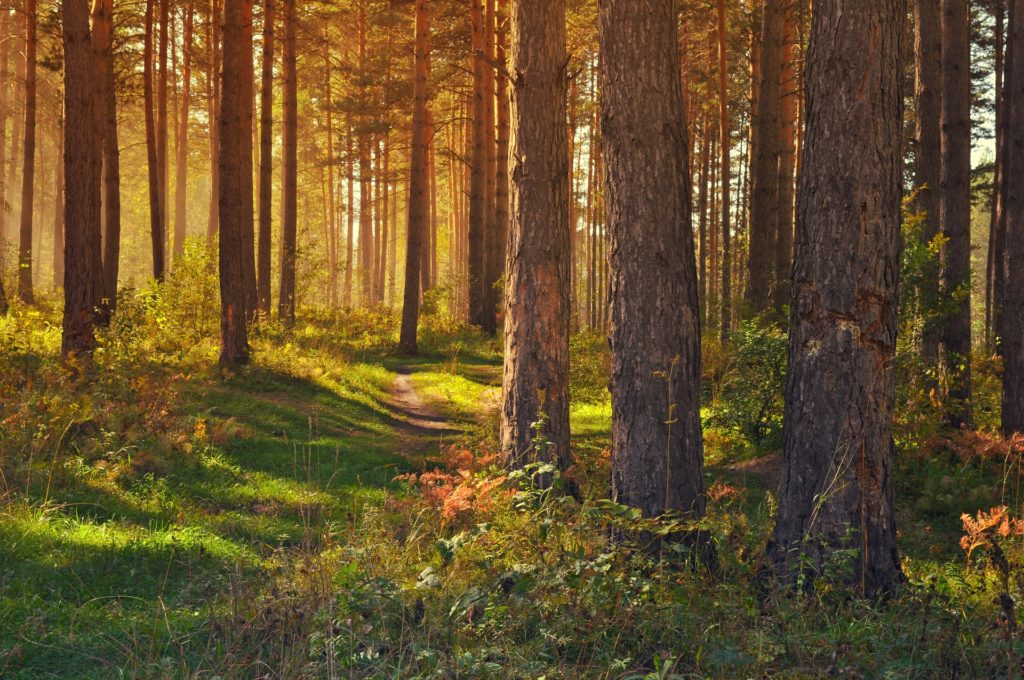(I swear my final post on the opera series is in production… it’ll come out next month, I promise!)
According to my Instagram bio, I am a “Soprano obsessed with old things. Like early music. And dinosaurs. Also modern music, chamber music, and anything Off the Beaten Path.” The last part is a joke referring to my senior recital in undergrad, which was called ‘Off the Beaten Path.’ Broadly it was a recital about songs of travel, but as I joked to my friends, my mission would have been accomplished if the people in my audience weren’t familiar with half of the songs. AKA, I don’t like singing the staples of vocal repertoire.
Why might this be? I joke that it’s because I’m #notlikeothergirls, or that I don’t want to be caught singing the ‘normie songs,’ but reality is different. To put it simply, I like discovering underperformed music and bringing it out for others to experience. Within the umbrella category of ‘classical vocal repertoire,’ there are countless songs, yet for various reasons, people tend to only sing from a very small subset. I prefer to go against that flow.
With my master’s recital just a few days away (shameless plug!), I’ve been getting compliments from people about how much they like my program and the lesser-known repertoire it features. And with those sorts of statements, I’ve occasionally gotten the question: how do you find this stuff? If your goal is to find underperformed music that hasn’t been recorded or performed much, how do you find it in the first place?
The short answer is: lots of time living in research rabbit holes. But for the sake of being wordy, I thought I’d compile my general methods below.
#1: Embrace the Musical Bookends

Music history broadly separates Western classical music into four time periods: Baroque, Classical, Romantic, and Contemporary. Thanks to the timings of opera and art song popularity, Western classical singers tend to gravitate toward the middle periods, Classical and Romantic. So, if you’re a singer trying to avoid the ‘classics,’ you might consider exploring the ‘bookends,’ Baroque and Contemporary. These bookends expand much further than their labels: Renaissance and Medieval come before Baroque, and living composers write new songs every year. There’s a lot of repertoire to choose from.
How do you find specific songs to perform within these ‘bookend’ categories? For new music, the best thing to do is to make friends with living composers. If you’re at a music school, you might make yourself known to the composition department, or if you’re out of school, you might try attending a conference or new music festival. Meanwhile, for early music, the least-performed songs will be those that don’t have modern editions. Such songs that only exist in manuscript are difficult to research and interpret, but also rewarding.
‘Bookend’ music comes with a price, though: it nearly always asks for contrasting technique compared to what the common vocal repertoire requires. For someone who’s only performed the more common repertoire, this can be very jarring and perhaps too much to think about at once. But never fear: there’s still a lot of underperformed repertoire for singers, even without straying too far into early or modern music. Here are a couple ways I find those songs:
#2: Composer Profiles
 I think it’s safe to say that that every classical singer knows about the German composer, Franz Schubert. Specifically, most classical singers are familiar with “Gretchen am Spinnrade” and/or “Erlkönig,” two of Schubert’s most beloved songs. But, I think it’s also safe to say that no singer is intimately familiar with ALL of Schubert’s songs for solo voice and piano: he wrote over six hundred of them! Not all of them are created equal; some aren’t performed much because they just don’t sound very good. But I can guarantee that this is not the case for all of them.
I think it’s safe to say that that every classical singer knows about the German composer, Franz Schubert. Specifically, most classical singers are familiar with “Gretchen am Spinnrade” and/or “Erlkönig,” two of Schubert’s most beloved songs. But, I think it’s also safe to say that no singer is intimately familiar with ALL of Schubert’s songs for solo voice and piano: he wrote over six hundred of them! Not all of them are created equal; some aren’t performed much because they just don’t sound very good. But I can guarantee that this is not the case for all of them.
People are inclined to remember the greatest hits and only the greatest hits, but there are always cult classics and/or underrated gems hiding just beneath the surface. The trick is to find them, and honestly, that’s not as hard as you might think. Wikipedia is actually a great place to start when it comes to lists of compositions: in fact, here’s their extremely thorough list for Schubert. Other places to look include composer profiles from sheet music stores, or tables of contents from published song collections. Combing through those can be a tedious and time-consuming process, but it can also help you find a lot of gems.
#3: Word Search

Unlike most classical musicians, singers have the wonderful ability to convey literal words to audiences. And, although there are always composers who set their own original texts to music, the grand majority of them write or commission texts. So, in a similar way to the Composer Profiles method above, you can find underperformed music through poetry. Maybe you have a poet that you like, so you look up their list of works and see if any of their other poems have been set to music. Or maybe you want to create/perform/record a collection of songs about XYZ theme, so you search for texts which address that and see if any related music exists.
I also want to point out that many composers set the same texts. This is of particular interest to me, because I dream of one day giving a recital that is only multiple settings of the same one or two texts (that’s not this upcoming recital, but maybe it’ll happen… one day…). From personal experience, I can say that Google can take you pretty far here. In undergrad, I actually found four musical settings of the same poem (Emily Dickinson’s ‘Will there really be a morning?’) and I only used Google. But The LiederNet Archive is also a great tool for this. In addition to providing many texts and translations, each LiederNet entry includes text authorship, a list of musical settings, and (if relevant) a list of settings in other languages. Here’s a particularly crazy entry for the poem, ‘Früh, wann die Hähne kräh’n’—the number of musical settings is mind-boggling!
~~~
There are other little things I do while song-hunting, but in general, I think these three sum up the way I try to find songs from ‘off the beaten path.’ Hopefully they’re helpful, or if not that, at least a little interesting!

